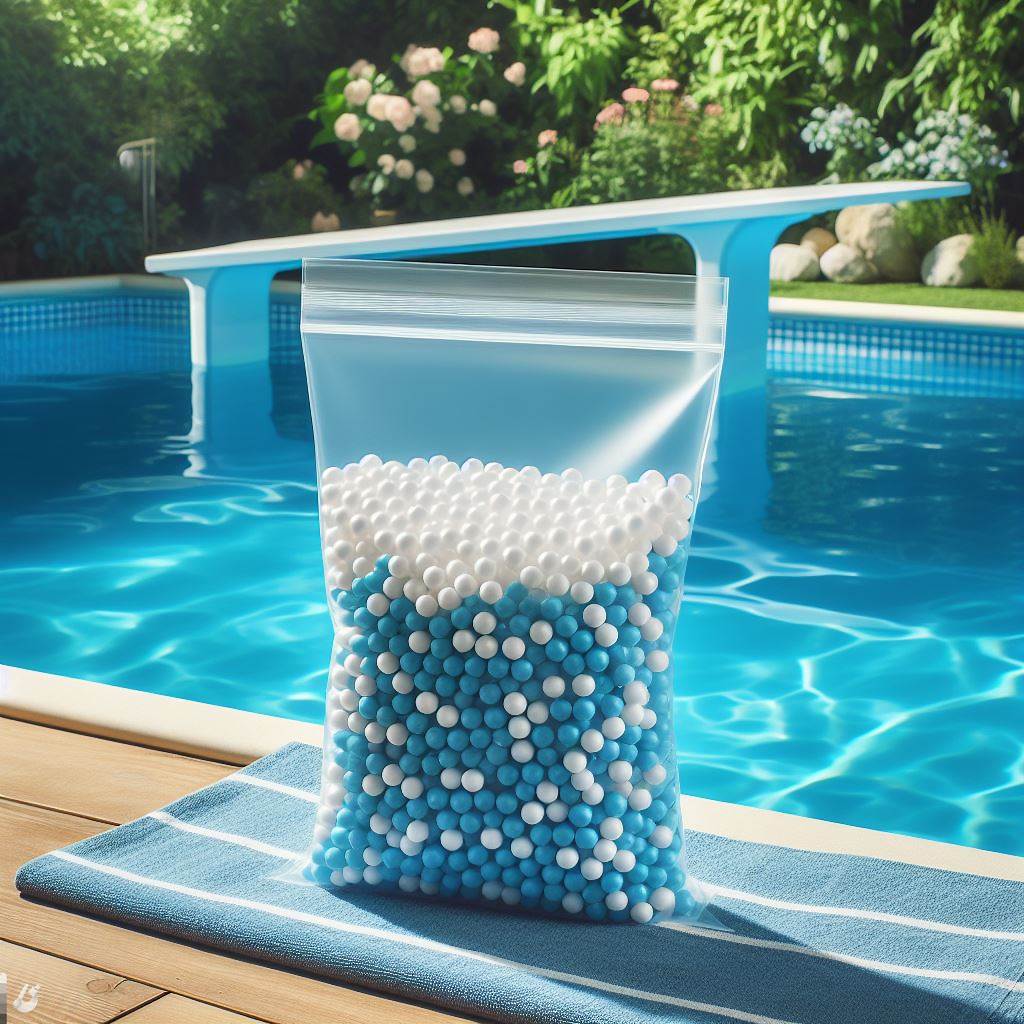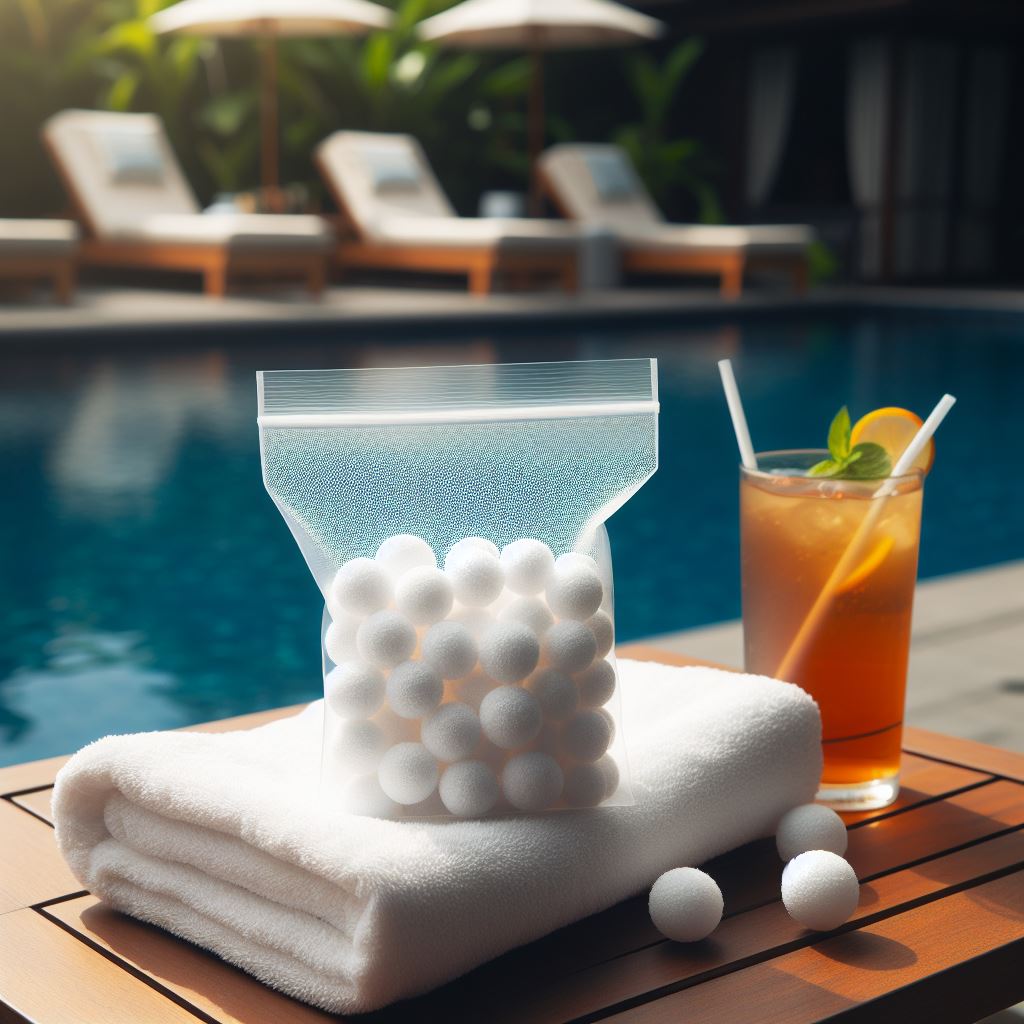Pool filter balls are an innovative alternative to traditional sand or cartridge filters, designed to keep your swimming pool water crystal clear. However, like all filter media, these balls are susceptible to corrosion if not properly maintained. This article will guide you through understanding, choosing, installing, and maintaining pool filter balls to maximize their lifespan and effectiveness.
Section 1: Understanding Corrosion in Pool Filter Ball
Corrosion in pool filter media refers to the gradual degradation of materials caused by chemical reactions with water and pool chemicals. Filter balls, typically made from polyethylene or other plastics, can break down if exposed to harsh chemical environments. Factors contributing to corrosion include high chlorine levels, improper pH balance, and accumulation of salts and minerals.
Section 2: Choosing the Right Filter Ball
When choosing filter media for your pool, consider the following advantages of filter balls:
Efficiency: Filter balls are known for their fine filtration capabilities, trapping smaller particles than sand.
Lightweight: They are easier to handle and require less backwashing.
Durability: High-quality filter balls are designed to be less susceptible to chemical damage.
To minimize potential corrosion, select filter balls made from high-grade non-corrosive materials and ensure they are compatible with your pool’s filtration system.
Section 3: Proper Installation and Maintenance
Proper installation and regular maintenance are crucial to preventing corrosion of your filter balls. Follow these steps:
Installation: Ensure the filter is clean before adding new filter balls. Fill the filter according to the manufacturer’s instructions, avoiding overfilling.
Maintenance:
Conduct regular inspections for any signs of deterioration such as brittleness or discoloration.
Clean the filter balls according to the schedule recommended by the manufacturer, typically involving rinsing with a hose.
Replace the filter balls every few years or sooner if signs of wear are evident.
Section 4: Chemical Balance and Water Treatment

Maintaining the correct chemical balance in your pool is essential to prevent corrosion:
pH Levels: Keep the pH level between 7.2 and 7.6. Use pH increasers or reducers as necessary.
Chlorine Levels: Maintain chlorine levels within the recommended range, avoiding excessively high concentrations that can accelerate corrosion.
Anti-corrosion Agents: Consider using a pool water stabilizer to help manage chlorine levels and protect against corrosion.
Section 5: Advanced Protection Techniques
To further protect your filter balls from corrosion, consider the following advancements in pool technology:
Corrosion-resistant Coatings: Some manufacturers offer filter balls with special coatings to enhance their resistance to chemicals.
Automated Systems: Automated pH and chlorine monitoring systems can help maintain optimal levels consistently, reducing the risk of corrosion.
Conclusion
By understanding the factors that contribute to corrosion, choosing the right filter media, and following proper maintenance protocols, you can significantly extend the life of your pool filter balls. This ensures not only a cleaner pool but also reduced maintenance costs and hassle.

